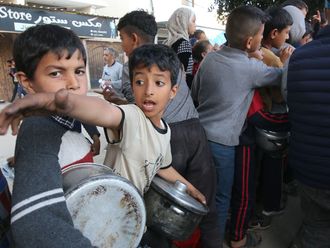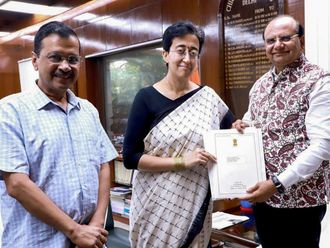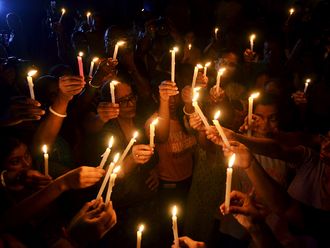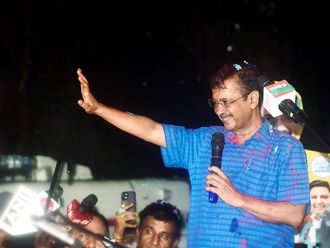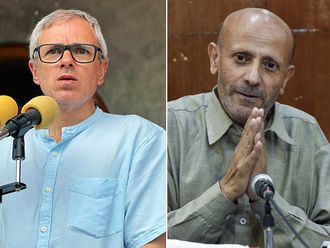They may be repressive fanatics who enslave women and give sanctuary to Al Qaida, but the US-led occupation of Afghanistan has transformed the Taliban into Pashtun freedom fighters. There are two principal reasons for this.
First, the foreign troops and the state they prop up are viewed as outsiders who have come not to liberate the country but subjugate it.
Second, so long as the West's presence in Afghanistan is primarily military, its relationship to ordinary Afghans will be based primarily on violence. Armies, by their very nature, must intimidate and coerce the population into accepting their authority. Despite the talk of winning hearts and minds and civilian surges, much of what the West does in Afghanistan creates fear and hostility. It should not be surprising, then, to hear allegations of US and Afghan forces committing "battlefield executions".
As to the first point, the sense of subjugation by foreign powers is exacerbated by the Karzai administration's inability to provide effective governance. Why should a regime built on foreign military intervention and local warlords have popular support? Locked in understandable revulsion towards the Taliban, the US and its allies forgot they had to offer a better alternative. A revolutionary guerrilla movement, the great intellectual dissident Eqbal Ahmad wrote, concentrates on "out-administering", not on "out-fighting" the enemy.
Although harsh and primitive, the insurgency has gained a reputation for speedy justice that is juxtaposed against the western-backed Karzai regime's endemic corruption. Insurgencies swell, one leader of the Algerian revolution noted in the early 1960s, "where foreign rule is resented, where acute grievances exist and institutional channels for ventilating and satisfying them are ineffective". By that measure, the Afghan insurgency can be expected to grow.
Sons of the soil
For ordinary Afghans, especially in the Pashtun heartlands of the south and east where the Taliban predominate, US-led forces are feared just as the insurgents are. One key difference, however, is that the Taliban are not foreigners but, as Karzai once remarked, "sons of the soil".
Matthew Hoh, a former US diplomat in Kabul who resigned in protest over the war, noted, correctly, that what we face in Afghanistan is a "Pashtun insurgency — composed of multiple, seemingly infinite, local groups — fed by what is perceived by the Pashtun people as a continued and sustained assault, going back centuries, on Pashtun land, culture, traditions and religion by internal and external enemies".
That makes it difficult for ISAF forces to distinguish between friends and foes. "It's a mix of different forces that leads [ethnic Pashtuns] to fight," says Fakir Kakakhel, a young but already experienced war correspondent based in Peshawar. "It is what we call gahirat-a-Pashtoon," he adds, "a term referring to our honour, religion, economic and political independence". Not everyone accepts this premise, but that is not the point. What matters is that foreign armies can never hope to match this home advantage.
The US-led forces, with their vast armoury and an equally vast disconnect from the people they are purportedly trying to protect, have always found it easier to treat everyone as an enemy. That is why the conflict has resulted in a steady stream of civilian casualties. Under pressure to sell this as a noble war, Nato has, as a result, consistently tried to cover up atrocities that are all but inevitable.
There should be no illusions about the Taliban either. Who can forget the destruction of the priceless Buddhas of Bamiyan? Afghans have not forgotten their own atrocities either. All of that was washed away, however, with America's unilateral decision to invade Afghanistan in late 2001. Almost overnight the Taliban were transformed into freedom fighters, as the subsequent occupation of Afghanistan, and pressure on Pakistan to use its blunt military that has led to thousands of deaths, stoked incalculable resentment amongst Pashtuns in both countries.
As Wazma Frogh pointed out, the main alternative to all-out conflict, the opening of peace negotiations, is also fraught with dangers and obstacles. There can be no sustainable resolution of the current violence unless and until the locals take the lead in looking for political solutions.
Mustafa Qadri is a freelance journalist based in Pakistan.


